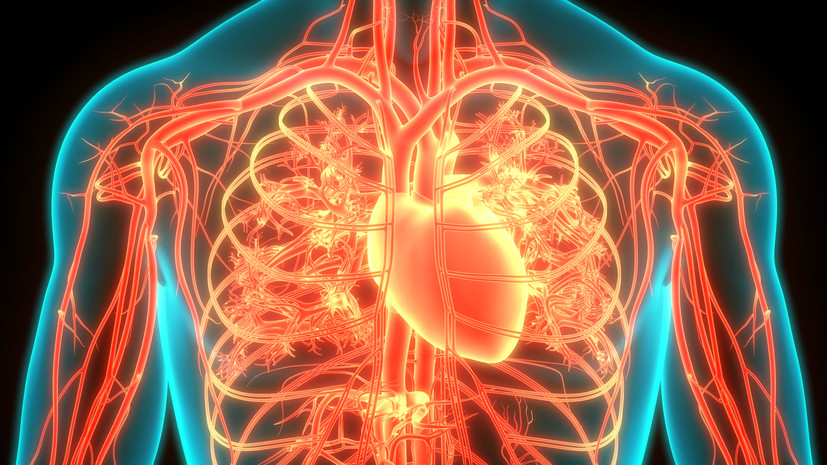Scientists from the Moscow Institute of Physics and Technology (MIPT) and the Moscow Regional Clinical Research Institute named after M.F. Vladimirsky (MONIKI) determined that stem cells from about 15 to 28 days of maturation are suitable for heart restoration. The results of the study are published in the journal Scientific Reports.
In regenerative medicine, genetically reprogrammed cells can be used to restore body tissue. They are obtained from cells of various tissues and human blood. Using genetic engineering methods, they undergo a chemical differentiation procedure, that is, rejuvenation to stem cells (they are called induced pluripotent stem cells, or iPS). They grow well to a diseased organ, but they do not always begin to restore its tissues.
Russian researchers conducted an experiment on a cardiac model consisting of grown tissue of this organ. The cells for the experiments were provided by the National Medical Research Center. Academician E.N. Meshalkina (Novosibirsk).
Excitation waves were launched through the fabric, which consistently propagated through the fibers and simulated a contraction of the heart. Scientists used the model as a tool to verify the quality of iPS cells obtained at different times.
The results of the experiment revealed the so-called “window of opportunity” - the optimal age for stem cells capable of rejuvenating tissue, which is optimal for planting an organ. The best transplants were iPS cells aged 15 to 28 days.
“We found that those cells that were planted after the 28th day from the start of differentiation, can no longer be used, because they do not combine with cardiac tissue. They grow to it, but they are not functional, they do not create unity with the heart fibers , ”explainedKonstantin Agladze, Project Manager, Head of the Laboratory of Biophysics of Excitable Systems
The study allows the most efficient use of iPS cells. Previously, it was mistakenly thought that more mature cells were suitable for this - from 1 to 2 months of age, scientists say.

